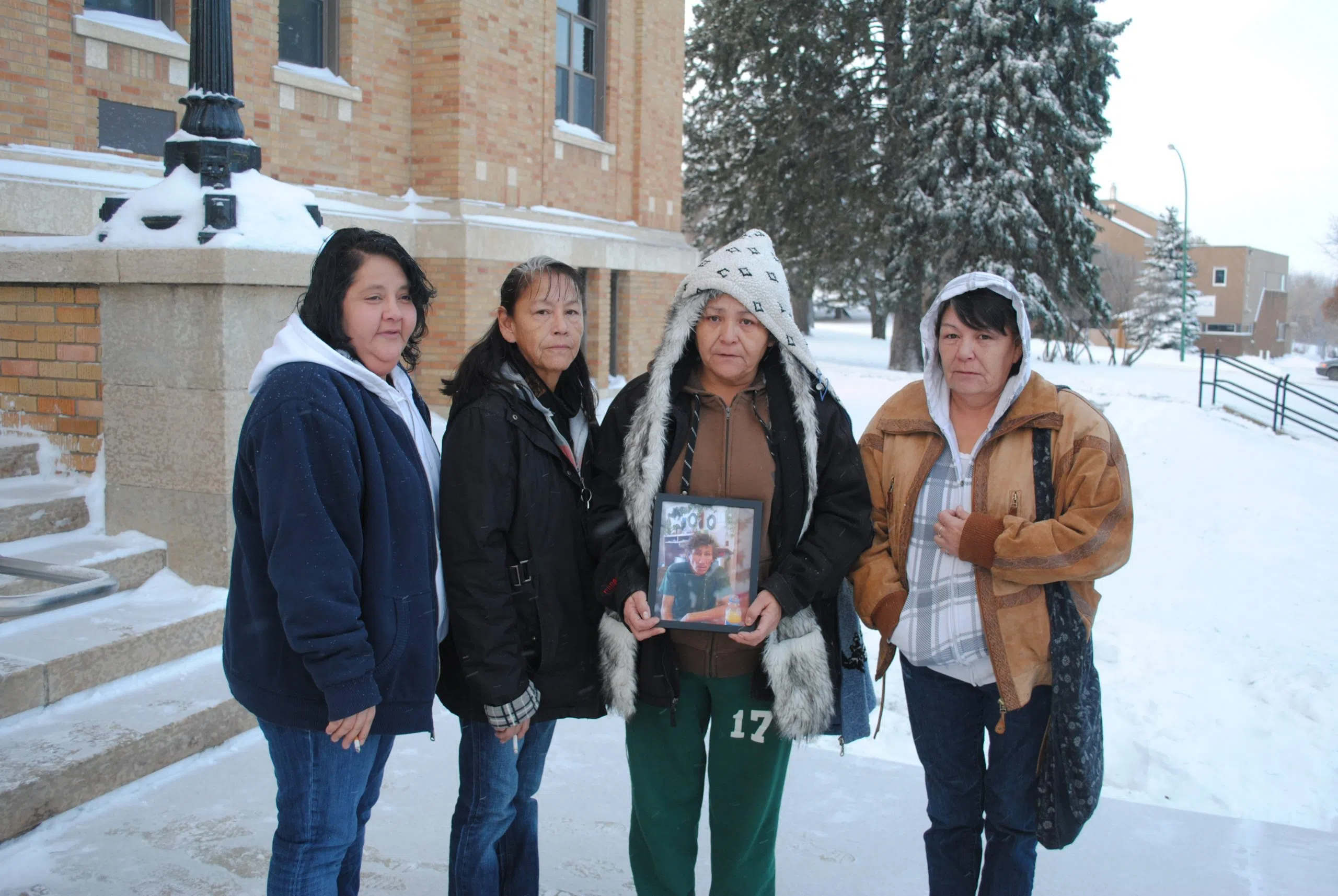
Man’s last hours: From hospital to police cell, and back
A Little Red River First Nation man said emergency room (ER) doctors “won’t look after me” hours before he was arrested and later stopped breathing in a police cell, according to testimony.
This was according to Louis Caron, who sat with William (Billy) Ballantyne the morning he died of an accidental acetaminophen (Tylenol) overdose in the Victoria Hospital waiting room. In his testimony at a coroner’s inquest, Caron shed more light on what kind of shape Ballantyne was in the morning he died.
Ballantyne, 44, died on Nov. 29, 2012 after an ambulance took him to the hospital for complaints of a sore back. The man – who had previously been found tuberculosis-positive – had also been having trouble breathing.
He died later that morning after he was arrested for what a guard called a “disturbance.”


